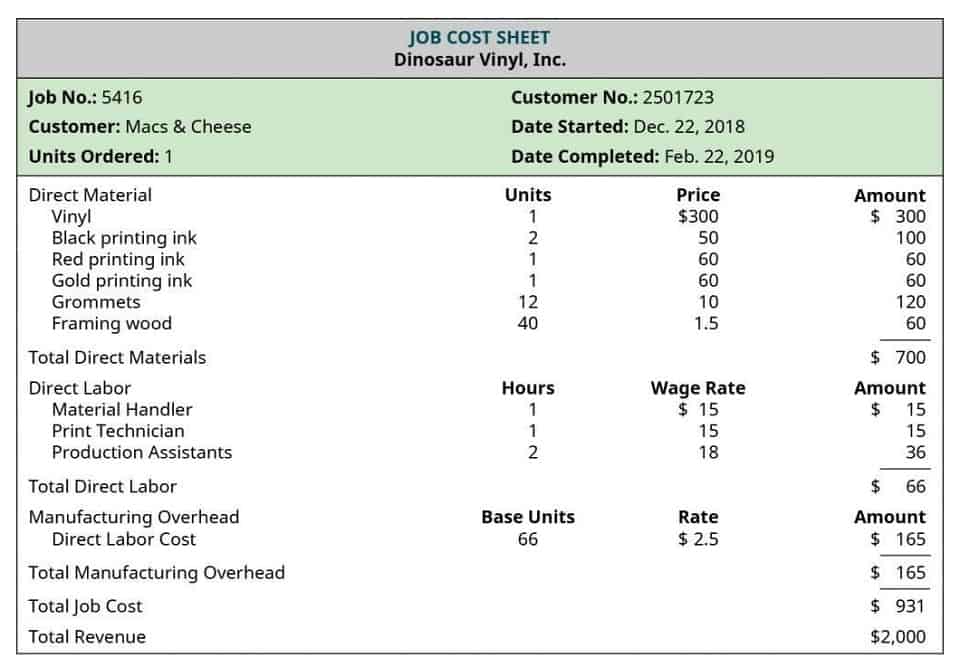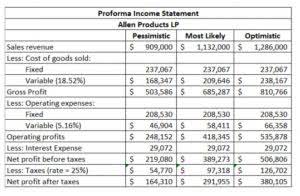What is an exchange-traded fund ETF?
$some Put On line Gambling houses ? Put Just About three Dollars And check out A Betting Good luck
May 11, 2024LamdaTrade, ?????? 2025 ????? ?????????
May 14, 2024
This quick turnaround time makes EFT highly suitable for time-sensitive transactions and payments. EFTs work by digitally transferring funds between parties, such as a payor and a payee. The payor provides the information necessary for payment, such as a card number or account information. Then, the relevant financial institution performs an EFT, sending the designated amount of funds to the payee’s account at their financial institution. A one-time EFT payment is a single electronic funds transfer not set up as part of a recurring payment schedule. Once the receiving bank has received the funds, they will need to post them to the recipient’s account, which can also take a few days.

Fees

An electronic funds transfer (EFT), or direct deposit, is a digital money movement from one bank account to another. As a digital transaction, there is no need for paper documents. EFT has become a predominant method of money transfer since it is a simple, accessible, and direct payment or transfer of funds.
Get up to $300 when you bank with SoFi.

Cryptocurrencies are considered a highly speculative investment due to their lack of guaranteed value and limited track record. Because of their digital nature, they pose risk from hackers, malware, fraud, and operational glitches. Cryptocurrencies are not legal tender and are operated by a decentralized authority, unlike government-issued currencies. Cryptocurrency exchanges and cryptocurrency accounts are not backed or insured by any type of federal retained earnings or government program or bank. Bitcoins are considered a highly speculative investment due to their lack of guaranteed value and limited track record.

Card Transactions
- With electronic checks (or Echecks), you can make a payment with your checking account without paper checks.
- It’s imperative to review your bank statements regularly to check for transactions you don’t recognize.
- This message includes information about the transaction, such as the amount of money transferred and the account numbers involved.
- First, let’s start with EFT, which stands for Electronic Fund Transfer.
- You can also usually leave funds in your P2P account to eliminate the ETF needed to move funds to and from your bank account.
This guide will explore the different types of electronic transfers, how they work, and the benefits of using them. This guide will teach you how to design an effective checkout process for cross-border what is eft stand for payments, with a specialized focus on the trending emerging markets. This is a casual transaction, and it occurs during a phone call. Usually, the payee will supply their information, typically a card number, to the recipient over the phone. Apps like Cash App, PayPal and Venmo make it easy to send funds from person to person in a flash. These peer-to-peer (P2P) payment systems use EFT technology to move money.
EFT Payments: What to Know About Sending and Receiving
The same can be said if you intend to make a high-value transaction (any transaction over 25,000 dollars). Additionally, during the holidays and, of course, on weekends, the time for your EFT payments will likely take to process may increase. If you compare the EFT processing system to the once-standard system of printing and mailing checks, the EFT process is the clear winner and is more secure and practical. Generally speaking, most EFT payments are settled the very next business day. Not only does EFT payment processing offer an economical way to save time and money, but it also offers businesses the following benefits as well.

Even if you don’t know what EFT payments are, there’s a good chance you use them regularly.
While all ACH payments are EFTs, not all EFTs occur over ACH networks. For example, wire transfers and payments by debit or credit card are EFTs that don’t use ACH networks. EFTs are one of the more popular payment options for moving Accounting for Churches money around the world.